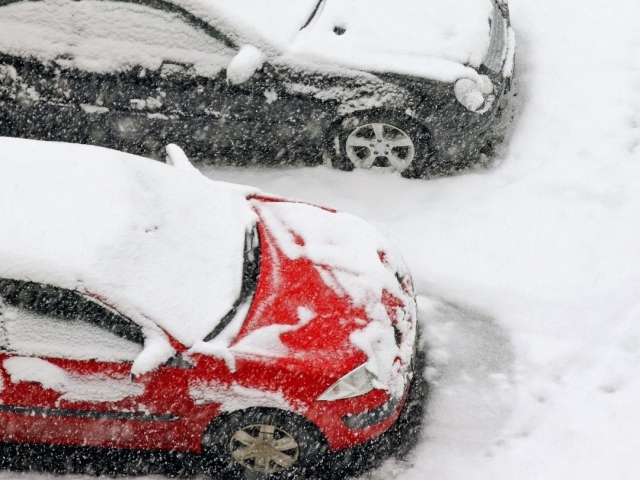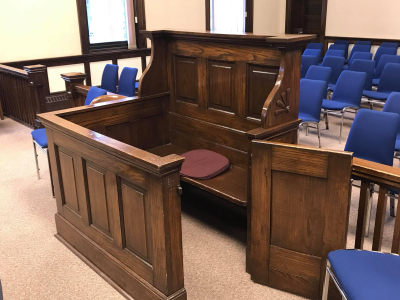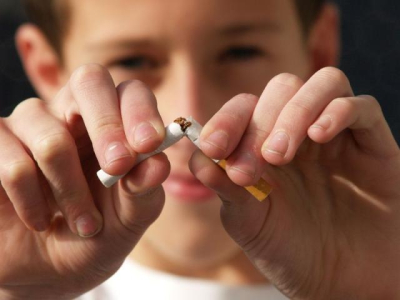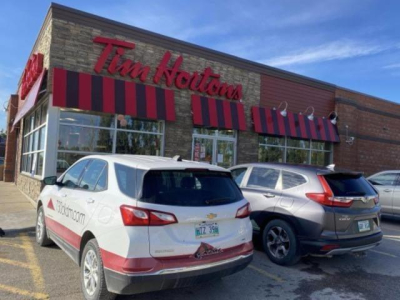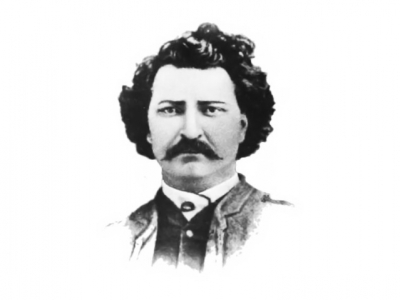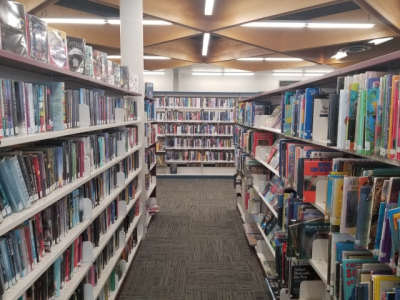With the imminent winter storm warning that is expected to hit the province over the next few days CAA in Manitoba has released some information to help you stay safe during the storm.
CAA has said they are preparing for the storm by adding additional call centre associates to get the phone lines cleared up quicker when members call for roadside assistance along with adding more drivers to their system to assist anyone who may need a service call over the next few days.
They say members can prepare by downloading the CAA app in order to be able to request assistance without having to call in.
CAA has also released some tips for residents of the province if they get caught out in the storm along with how to prepare to stay safe at home during the storm.
What to do if you’re caught in the blizzard:
- If you're stranded, and you feel unsafe, call 911 for assistance. Turn on your hazards and make your vehicle as visible as possible.
- If you feel safe, call CAA Manitoba for assistance or request help in the CAA app.
- If you find yourself in a snowbank, don’t overexert yourself in an effort to free your vehicle. Going out into a storm puts you at tremendous risk.
- When it’s absolutely safe, check that your tailpipe is not blocked by snow and return to your vehicle and wait for help.
- While inside your vehicle, be sure to wear your seat belt.
What should be in your household emergency kit:
- Your house should have an emergency kit with essentials for up to three days for all family members and pets.
- Your kit should include two litres of water per person per day including small bottles, food that won’t spoil (canned food, energy bars, dried foods), a manual can opener, wind up or battery-powered flashlights and radios, extra batteries, a first aid kit, and infant formula/pet food if needed.
- Other items to consider include candles, matches, toilet paper and period products, a mobile phone charger an extra battery pack and prescription medications.
- Consider buying a backup generator for power outages.
What to do if the power goes out:
- Understand that emergency response times may take longer than normal.
- Avoid opening doors and windows. Your home should stay warm for several hours.
- Do not cook on a barbecue indoors.
- Do not turn off a natural gas furnace – it will turn on when the power is restored.
- If the house is in danger of freezing, turn off the main water valve and run your taps to drain the water
- Unplug electrical equipment to prevent surge damage when the power comes back on, and turn off all electrical appliances, especially stoves or ovens.
- Find out the latest information about your emergency here.

